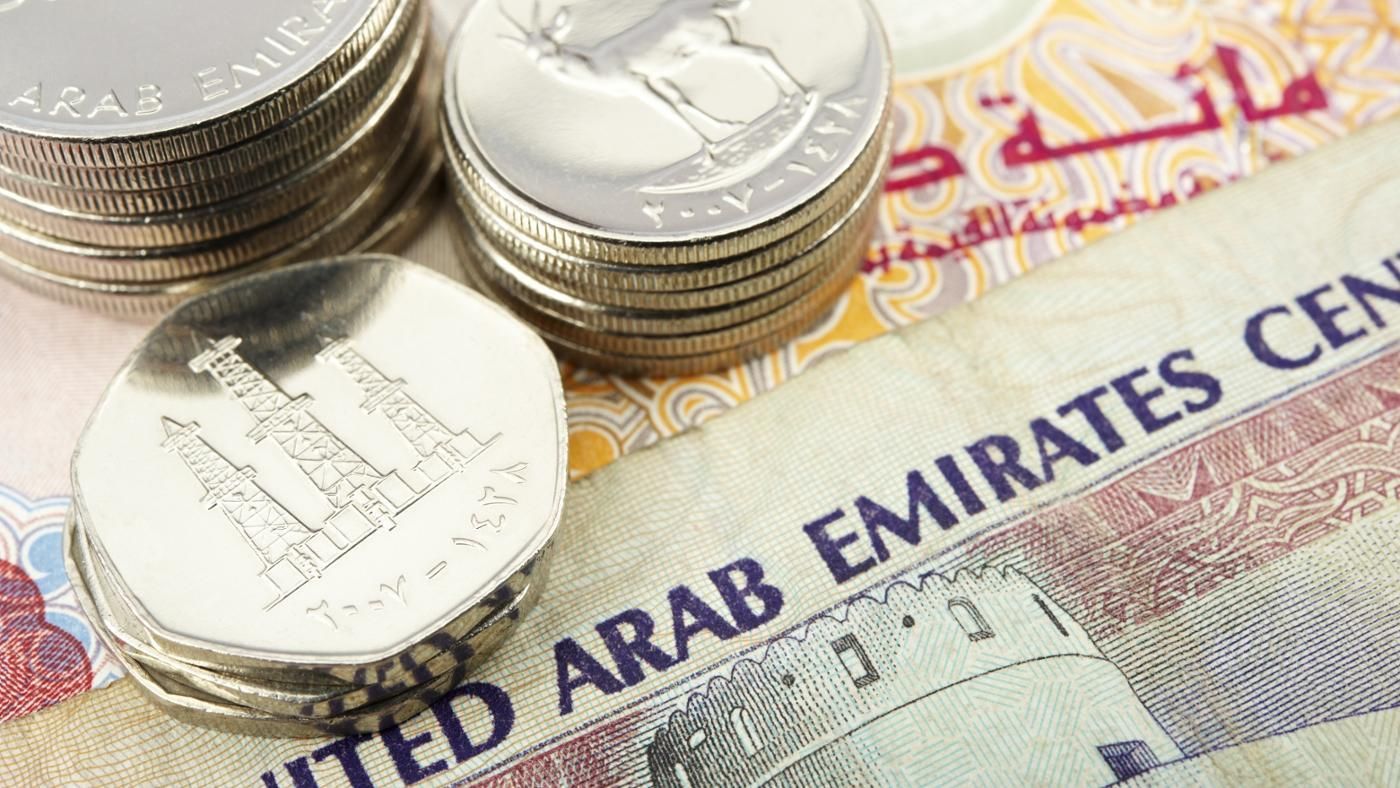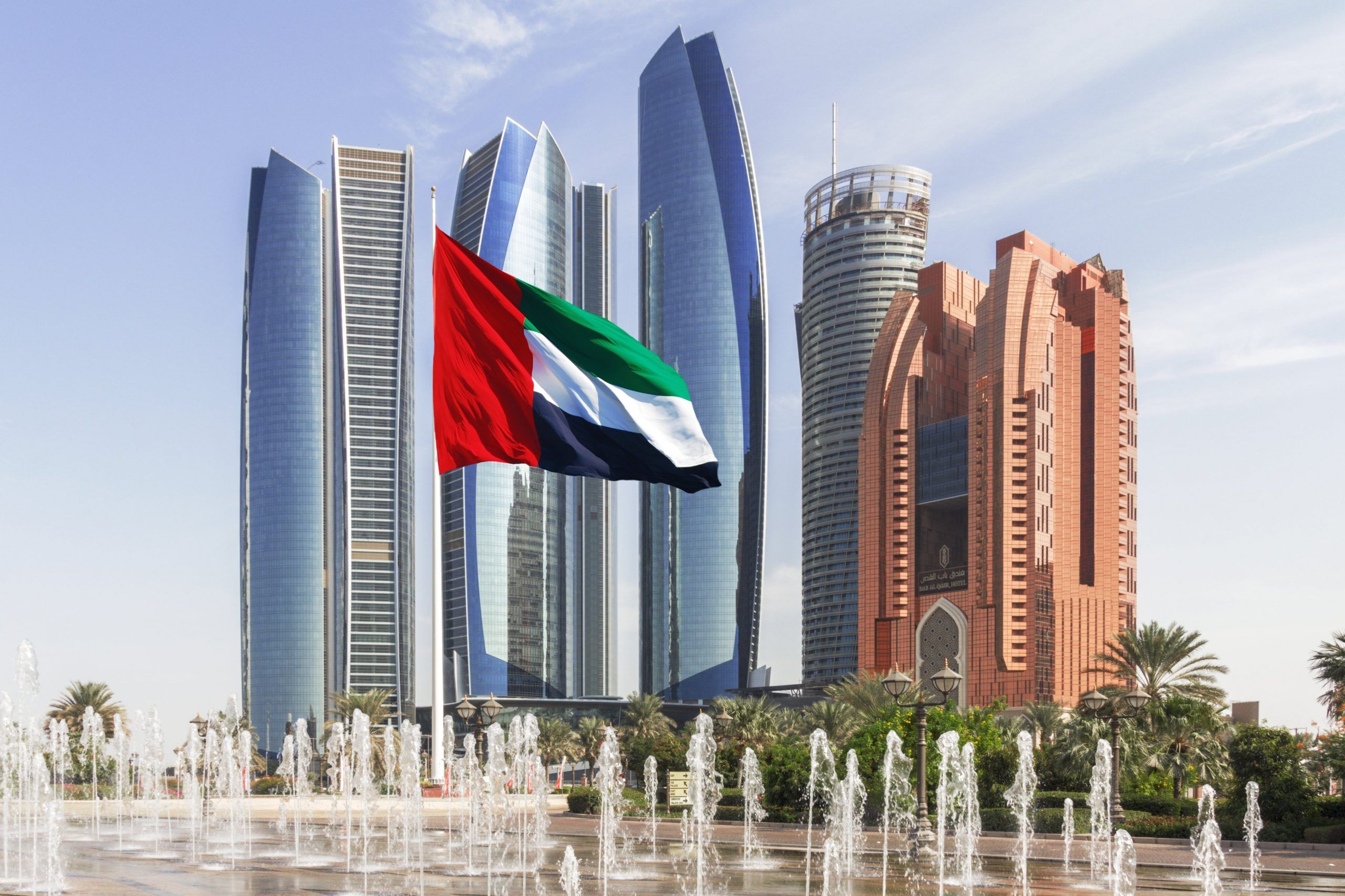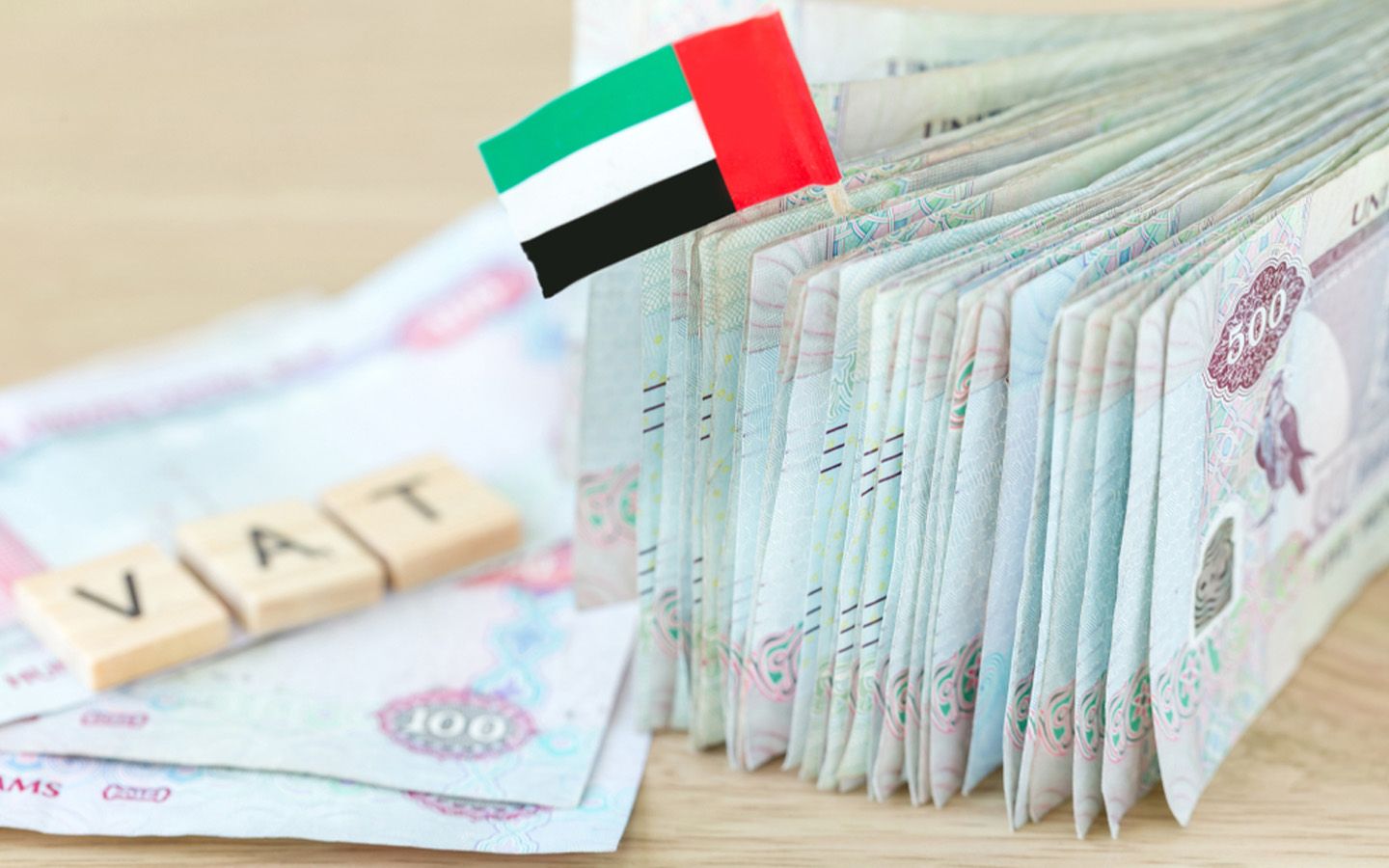The United Arab Emirates (UAE) is known for its favorable tax system, which attracts both individuals and companies from all over the world. The country has a unique tax policy aimed at stimulating economic growth and attracting foreign investment.
Taxes for individuals
Tourist Tax
The UAE has a tourist tax that is levied on guests of hotels and inns. This tax varies depending on the emirate and the category of the hotel. In Dubai, for example, the tourist tax is called "Tourism Dirham" and ranges from 7 to 20 dirhams (AED) per night per room, depending on the hotel category. Other emirates may have similar taxes with slight variations in rates.
On income
There is no personal income tax in the UAE. This means that residents and non-residents are not subject to income tax, regardless of their earnings. Thus, salaries, capital gains, dividends and other types of income are not taxable. This is one of the main advantages of living and working in the UAE for many foreigners.

Hotel Taxes
Hotels in the UAE charge several types of taxes and fees including:
- Tourist Tax: As mentioned earlier, this tax varies by emirate and hotel category.
- Service Tax: Usually amounts to 10% of the room rate.
- Municipal Service Tax: Can vary, for example in Dubai this tax is 7% of the room rate.
Accommodation
For long-term accommodation in the UAE, especially for rentals, there are also taxes and fees such as municipal taxes. In Dubai, for example, the municipal rental tax is 5% of the annual rent for residential properties and 10% for commercial properties. This tax is usually included in utility bills and is charged on a monthly basis.
Real Estate
Buyers face various taxes and fees when purchasing real estate in the UAE:
- Registration Fee: Usually amounts to 4% of the value of the property in Dubai. This fee is shared equally between the buyer and seller unless otherwise agreed upon.
- Property Rental Tax: A municipal tax that is paid annually.
- Service Charges: Buyers should also consider annual service charges for the maintenance and upkeep of common areas and infrastructure in residential complexes.
These taxes and fees make the UAE an attractive place to live and invest due to the absence of income tax and relatively low property taxes.
City Tax
In the UAE, there is a city tax that is levied on residential rents. For example, in Dubai, this tax is 5% of the annual rent for residential properties and 10% for commercial properties. This tax is usually included in utility bills and is charged on a monthly basis.

On income
There is no personal income tax in the UAE. This means that residents and non-residents are not subject to income tax on their earnings, including salaries, capital gains and other types of income.
Dividends
There is no tax on dividends in the UAE. This makes the country attractive to investors as they can receive dividends from their investments without paying taxes on them.
Inheritance
There is no inheritance tax in the UAE. This means that inherited property and assets are not taxed, making it much easier to pass on inheritance.
Luxury
There is no specific luxury tax in the UAE. However, a 5% VAT may be levied on certain goods and services, which applies to most goods and services, including luxury goods.
Business Taxes
Corporate Tax 9%
Until recently, there was no corporate tax in the Emirates. This factor made the country very interesting for many small and large companies who were happy to move their business. However, a year ago the Emirates decided to introduce a corporate tax, albeit with a very modest rate of 9%. Now any company making more than 375 thousand dirhams of profit must pay 9% of the money received in favor of the state. If the level of income is lower, the tax will not have to be paid.

Business Taxes
A business operating in the Emirates may be required to pay specialized business taxes. The amount of tax, its application and obligations depend on the company's area of operation, location and other criteria. Free economic zones may offer tax exemptions for up to 50 years or exempt import and export duties.
VAT 5%.
VAT in the Emirates was introduced five years ago. This tax applies mainly to non-essential goods and services like education or medical care. Vital services can either be spared from paying VAT altogether or receive an even lower rate.
These tax rates and regulations make the UAE an attractive place to do business due to its low taxes and favorable conditions for investors.






